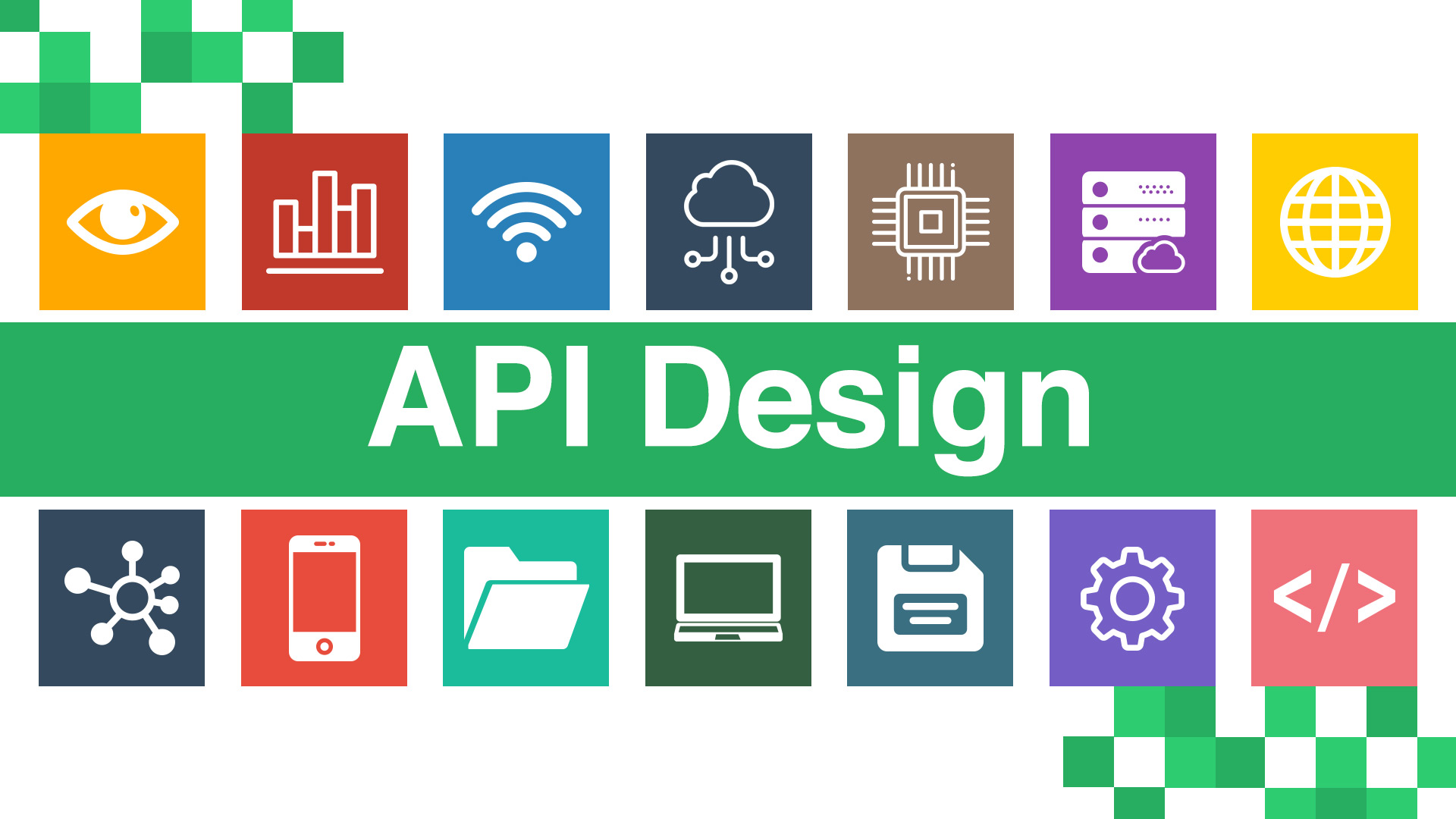It feels like we were only hearing about Artificial Intelligence from the top management, researchers, and company owners until it became a big part of our lives.
If you think that the future of AI is changing rapidly, this is because it is true. Innovations in the field of artificial intelligence are happening at a blazing-fast rate, and this is only the beginning.
AI is shaping the future of humanity across different industries, and it has already become a big part of the world of robotics, big data, and even IoT.
Several companies are looking to make investments in AI and to integrate their businesses. AI is here to change the world, and whether you like it or not, it is here to stay. Let’s take a look at the future of AI and see what lies ahead.
Contents
Which industries will be most affected?
There is no specific industry that AI hasn’t already affected. It performs several functions that fall into the category of machine learning, and with the ramping up of data collection and analysis, AI has achieved an even faster computer processing speed.
If you make assumptions that AI will not affect your business, you are mistaken. Sooner or later, it will reach there.
Companies are spending billions of dollars on AI, and some of the biggest names like Microsoft, Apple, and Google are working on building products and services around AI.
While some sectors are at the beginning of their AI journey, several others have traveled much further. Amazon already has several robots performing the tasks of packing and handling products.
Impact of AI on the society
Although there are several positives of AI in society, it could also lead to job loss. If the job is routine and can be performed by AI, then it will do it.
The more objective or qualitative the job, which involves repeating tasks like washing dishes or answering customer service calls, they can be handled by AI. The more repetitive the job, the easier it will be for AI to perform.
On the other hand, AI is not creative nor does it understand emotions like love or compassion. It is just a tool, and we need to remember that.
The experts at Spike Now, a powerful AI assistant state, “The tool can help you find creative ideas, write messages for you, and help overcome writer’s block which can assist in marketing your products and services at a low cost”.
If you have a job that involves routine tasks, you should learn new skills so that you aren’t replaced by a robot. But if your job involves creativity and always has something unique to offer, you shouldn’t be worried about AI. Also, this wouldn’t happen overnight and can take time.
Privacy Risks and AI
A lot is written about AI’s dependence on big data, and how it could have an impact on privacy in a huge manner. One of the biggest examples is Amazon’s Alexa eavesdropping, and this brought to light that AI isn’t perfect and you need to be careful about your privacy.
Companies are trying to develop AI applications that do not just collect data for personal profit but learn to respect human values and privacy.
When AI is responsibly implemented, it will benefit society significantly. But as is the case with all emerging technologies, there is always a risk that state and commercial carry on human rights.
The collection of large amounts of data can help predict future behavior in several different ways but it is also a threat and can hurt personal privacy.
The future of AI
All things said and done, AI is here to stay and will impact you in one way or another. However, several breakthroughs are yet to happen, and until then, AI cannot reach anything that resembles the human level of intelligence.
It does not have emotions or compassion, and there are several areas where this is necessary.
AI is also incapable of understanding language and that is a major difference between humans and AI today. While humans can translate machine language and understand it, AI does not have the potential to do the same.
If it has this ability, it will then be able to understand human knowledge and synthesize and integrate the questions that we haven’t been able to answer.
We have not made sense of all the information that has remained separate over the years. If AI can do this, it will answer many of our questions.
The human brain is unique, and emulating it is very difficult. At least for the near time, AI may not be anywhere close to thinking and behaving like a human in any manner. However, it will continue to play a significant role in businesses, society, and our lives.












